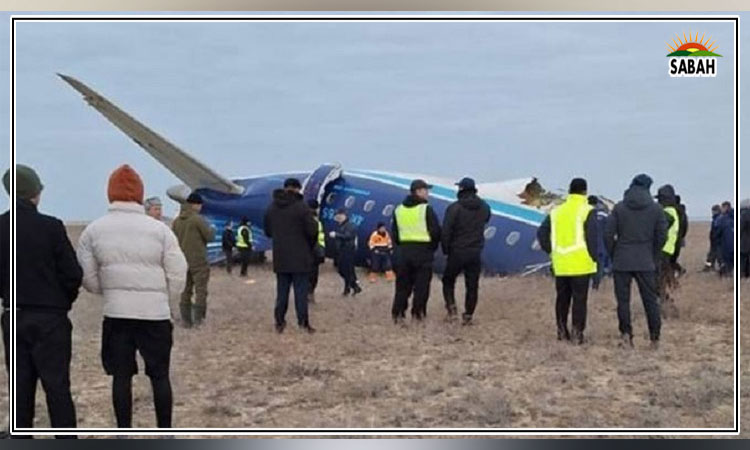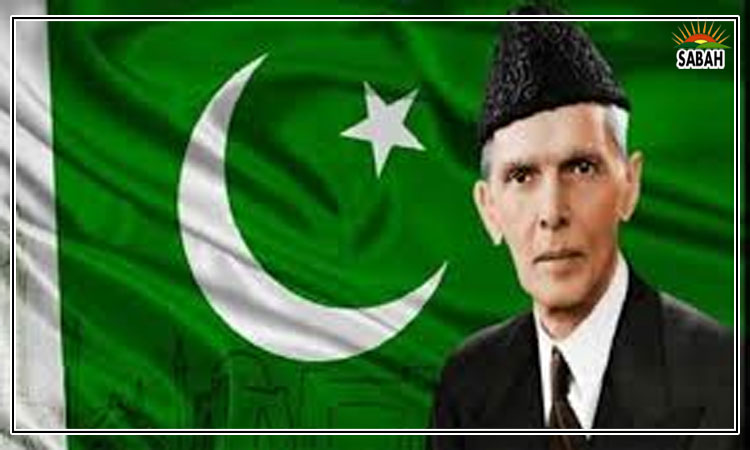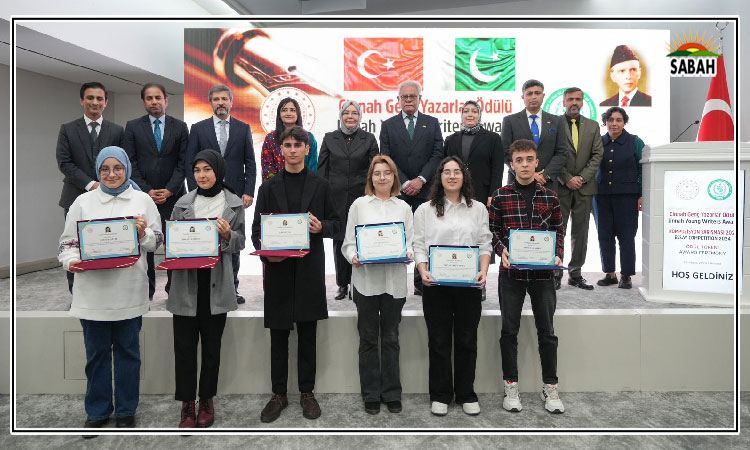Mirror, mirror on the wall…Kamila Hyat
The time has come when we must ask that magic mirror on the wall what the future of our nation is to be. Beyond the mirror, there are really no answers, with analysts putting forward a variety of opinions, some arguing that after three years of acute hardship caused by inflation, unemployment and related issues, Pakistan will boom back and make a full recovery. Others are far less optimistic and there is a sense of hopelessness and despondency across the country.
The evidence of this came in the fact that in 2022, as many as 750,000 young Pakistanis, most of them highly educated doctors, engineers, information technology experts and others opted to leave the country legally. This number was far higher than the under 300,000 which left in the two preceding years. Clearly, young people in a country which has a huge youth population with 64 per cent of nation aged between 15 and 30 years feel that there is no future for them in the country where most of them were born and where they grew up.
There are, of course, exceptions to the rule, and some brave young Pakistanis have chosen to stay back and help as they can. Their resolve needs to be applauded and so does the dedication to the country of other youngsters who insist that they do want to give back after completing education overseas in some capacity or the other. Clearly there are deep feelings for Pakistan, despite the fact that its governance over the last seven decades has done so little for the people or devised policies which can bring out the immense potential of the country.
So, we asked the mirror if everything is lost. The answer is not clear. Much depends on what future governments do and how they act. We hope that there will be some sense of responsibility and an end to the childish bickering and refusal to discuss matters together despite the national crisis we are witnessing at the present time. We cannot say how the various players will act and if the institutions will stay true to the promise of steering clear of Pakistani politics. Obviously, it would be extremely wise to do so.
As we look at other countries in somewhat similar situations, Sri Lanka comes to mind. The country fell into a crisis three years ago hit by hyperinflation and a situation which led to default. As a result, poverty doubled across the country and in urban centre even tripled. The plight of the people can only be imagined even though Sri Lanka has a better structure of education and governance compared to Pakistan. However, as the World Bank has pointed out, more and more flaws have crept into their system of governance leading to the crash of the country and the crisis that hit it. It is now attempting to climb back and appears to be somewhat successful in doing so, with help from international donor agencies such as the World Bank as well as other foreign nations who believe that it is imperative that the country resumes its prior position in the world.
Pakistan must hope it can find similar support over the years to come and it must also face up to the reality that the next three years, at the very least, are bound to be tough ones, with us dependent on help from the outside. How much help can come in depends also on the government of Pakistan and its ability to mobilize diplomatic opinion and gain friends it has lost over the years due to various situations.
Though Pakistan, according to top economists across the world, has already defaulted, and has therefore turned to the IMF the lender of last resort we should remember that countries such as Argentina have defaulted no less than nine times since the late 1800s. The last default for Argentina came in 2001 and it is currently recovering from the situation again with the aid from the IMF. IMF aid is of course not always something to be welcomed, given that the restructuring it sees as the base of building a new future depends essentially on squeezing the people hard in order to gain resources.
Pakistans people have nothing left to give and cannot face a situation where there is still further suffering in whole households across the country. We are already seeing the impact of this in the form of the increase in crime and street crime, notably in the bigger cities. After all, how many household heads would wish to allow children to starve before their eyes, as is happening in our country, and not do something about this even if that something means a robbery or a theft from their place of work.
For the future the question is how we are to rebuild our country and what the best way forward is. There are analysts who argue that the departure of the top tier of young people educated at high-level foreign universities is not necessarily a bad thing. They hold that these people or youngsters in their teens and early twenties have no future in Pakistan and would do better overseas at any rate. There is also an additional argument which accompanies this. The exit of the most educated young men and women would mean that those at the next tier and those educated at middle level schools in Pakistan may get a chance to rise and take on jobs held for years only by the elite. This could be a mobilizing factor to economic and social mobility and the change in our status quo that has existed for far too long.
Some encouragement needs to be provided to young people to look into the future and to remember that the majority will need to remain in the country. Hope for them must be built within its borders, at least to prevent the illegal exits we have seen and the dreadful drowning on ill-equipped boats, on coasts close to foreign shores in Africa, Europe and other places. People are desperate to escape and this can change only if there is an end to the despondency which currently prevails in Pakistan. The media has played a part in building this, social media perhaps being at the forefront in putting forward the bleakest of figures and ideas. This must change so that 64 per cent young people can look towards a new and better Pakistan in the years to come.
Courtesy The News











